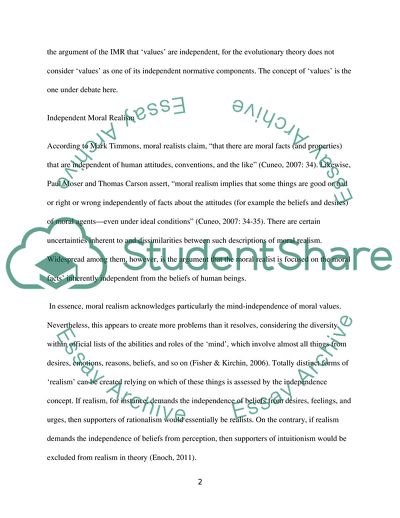Cite this document
(Metaethics and Independent Moral Realism Analysis Essay Example | Topics and Well Written Essays - 2750 words, n.d.)
Metaethics and Independent Moral Realism Analysis Essay Example | Topics and Well Written Essays - 2750 words. https://studentshare.org/philosophy/1825775-philosophy-metaethics
Metaethics and Independent Moral Realism Analysis Essay Example | Topics and Well Written Essays - 2750 words. https://studentshare.org/philosophy/1825775-philosophy-metaethics
(Metaethics and Independent Moral Realism Analysis Essay Example | Topics and Well Written Essays - 2750 Words)
Metaethics and Independent Moral Realism Analysis Essay Example | Topics and Well Written Essays - 2750 Words. https://studentshare.org/philosophy/1825775-philosophy-metaethics.
Metaethics and Independent Moral Realism Analysis Essay Example | Topics and Well Written Essays - 2750 Words. https://studentshare.org/philosophy/1825775-philosophy-metaethics.
“Metaethics and Independent Moral Realism Analysis Essay Example | Topics and Well Written Essays - 2750 Words”. https://studentshare.org/philosophy/1825775-philosophy-metaethics.


